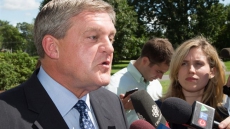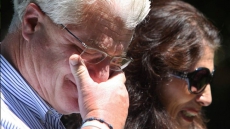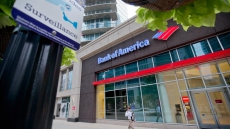The US, which had shunned Narendra Modi for nearly 10 years, is eager to engage India's new government led by him and re-energize what some see as a flagging relationship, according to a new Congressional report. Modi "is known as a strong-willed and effective, if perhaps autocratic, administrator," said the background report for US lawmakers.
"His reputation has been burnished by Gujarat's impressive economic performance during his 15-year tenure," it said noting the state accounts for more than 20 percent of all Indian exports while being home to only 5 percent of the population," it said.
The report on "India's New Government and Implications for US Interests" has been penned by K. Alan Kronstadt, specialist in South Asian affairs, for the bipartisan Congressional Research Service (CRS).
"Garnering an outright majority in Parliament for the first time in 30 years, Modi's new government promises fresh US engagement with an Indian leader reputed to be more pro-trade and pro-business than the socialist-oriented ones of the past," it said.
Modi, the report noted had also vowed to "implement a more assertive Indian foreign policy that could see the country shift away from its traditional 'non-alignment' approach to global politics."
President Barack Obama and other top US officials "have expressed an interest in revitalizing bilateral fora so as to further boost trade and investment flows, deepen security cooperation, and otherwise solidify the geopolitical alignment with India."
His "BJP made history by becoming the first party to win an outright parliamentary majority in 30 years, meaning India's federal government is no longer constrained by the vagaries of coalition politics," the report noted.
Domestic and international proponents of Modi's business-friendly policies are hopeful that these circumstances will make for more effective governance and streamlined economic reforms, it said.
But Modi "also is a controversial figure for his Hindu nationalist views" and his alleged role in 2002 Gujarat riots led the Bush Administration to deny Modi a visa in 2005, the report noted.
"Many observers warn that a BJP-majority government could have dire consequences for human and civil rights in India, especially if it chooses to implement openly Hindu majoritarian policies," the report said.
However, it noted "Obama wasted no time in ending speculation on the visa issue by immediately inviting Prime Minister Modi to visit Washington, DC." He is now set to visit the US capital in late September.





